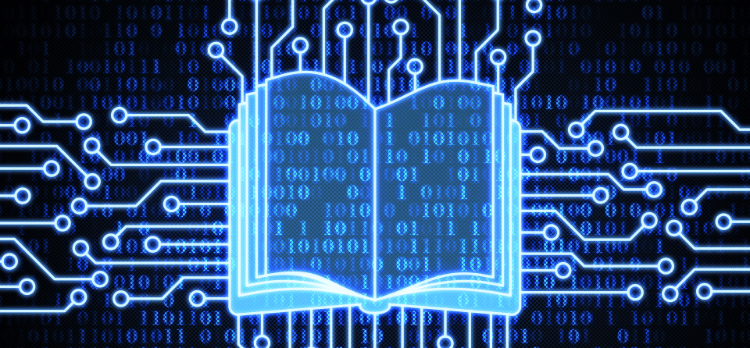
Micro-credentials and digital badges: Recognizing and validating learning achievements
Today, learning has become a lifelong process whether you are a student, a working professional, or someone who simply wants to acquire new skills. The ability to learn and adapt quickly is crucial for success in any sector. And with the rise of online learning platforms and the gig economy, more and more people are turning to microlearning and skill-based training to stay relevant and competitive. But how do you recognize and showcase your learning achievements in a meaningful and credible way? This is where micro-credentials and digital badges are helpful. These innovative tools are changing the game when it comes to recognizing and validating skills and competencies. So, whether you are a learner or an educator, read on to discover how these tools can help you take your learning journey to the next level.
Unveiling the significance of micro-credentials and digital gadgets
Traditional degrees and diplomas are no longer sufficient in today's evolving economy. With more gig work, project-based assignments, and remote collaboration, employers and clients need targeted and flexible ways to evaluate candidates. Micro-credentials and digital badges offer a focused approach to learning recognition, allowing learners to acquire specific skills relevant to their field and demonstrate expertise to potential employers or collaborators. These credentials go beyond traditional methods of recognition, such as online courses or hackathons, and validate valuable skills and competencies, enhancing opportunities for new ventures and collaborations.
Read here: Future Of L&D
Traditional vs. new learning recognition methods
Traditionally, learning recognition has been based on formal degrees or diplomas, which are earned through a specific course of study at a recognized educational institution. While these credentials offer a valuable foundation of knowledge and skills, they may not be sufficient to demonstrate the full range of competencies that individuals need to succeed in today's economy.
Micro-credentials and digital badges offer a more flexible and targeted approach to learning recognition, by focusing on specific skills and competencies rather than broader degree programs. This allows learners to acquire the skills they need to succeed in their chosen field, while also demonstrating their expertise to potential employers or collaborators.
Another key difference between traditional and new learning recognition methods is the portability and accessibility of micro-credentials and digital badges. Traditional degrees and diplomas are often tied to a specific institution or geographic region, which can limit their transferability. Micro-credentials and digital badges, on the other hand, are designed to be portable and easily shareable, allowing learners to showcase their achievements to a wider audience.
Examples of micro-credentials and digital gadgets
Micro-credentials and digital badges can cover a wide range of skills and competencies, from technical skills like coding and data analysis to soft skills like leadership and communication. Here are a few examples of micro-credentials and digital badges that are currently available:
Google Analytics Certification: This micro-credential is offered by Google and recognizes expertise in using Google Analytics to track website traffic and user behavior.
PMP Certification: This micro-credential is offered by the Project Management Institute and recognizes expertise in project management.
IBM Digital Badge: IBM offers a range of digital badges that recognize expertise in areas like AI, cloud computing, and cybersecurity.
Adobe Certified Expert: This micro-credential recognizes expertise in using Adobe software, such as Photoshop, Illustrator, and InDesign.
These are just a few examples of the many micro-credentials and digital badges that are currently available. As the demand for targeted and flexible learning recognition continues to grow, we can expect to see even more innovative and specialized badges and credentials emerge.
How to earn them?
Earning micro-credentials and digital badges involves completing a course of study or demonstrating a specific skill. The requirements vary depending on the organization and credential. Generally, earning a micro-credential or badge involves one or more of the following: completing a course or program, demonstrating a skill through a project or assessment, or passing an exam. After earning a micro-credential or badge, it can be showcased in a digital portfolio or shared on social media, resumes, or websites.
The benefits
Micro-credentials and digital badges offer numerous benefits for learners and organizations. Some key advantages include flexibility in learning recognition, allowing learners to acquire targeted skills. They are portable and shareable, enabling learners to showcase achievements widely. Their credibility comes from being issued by recognized institutions, organizations, or associations. Micro-credentials and digital badges allow specialization in specific areas, aligning with career goals. They also recognize and validate learning achievements beyond traditional methods like degrees or diplomas.
Contact us for more information and we would be happy to answer any questions
